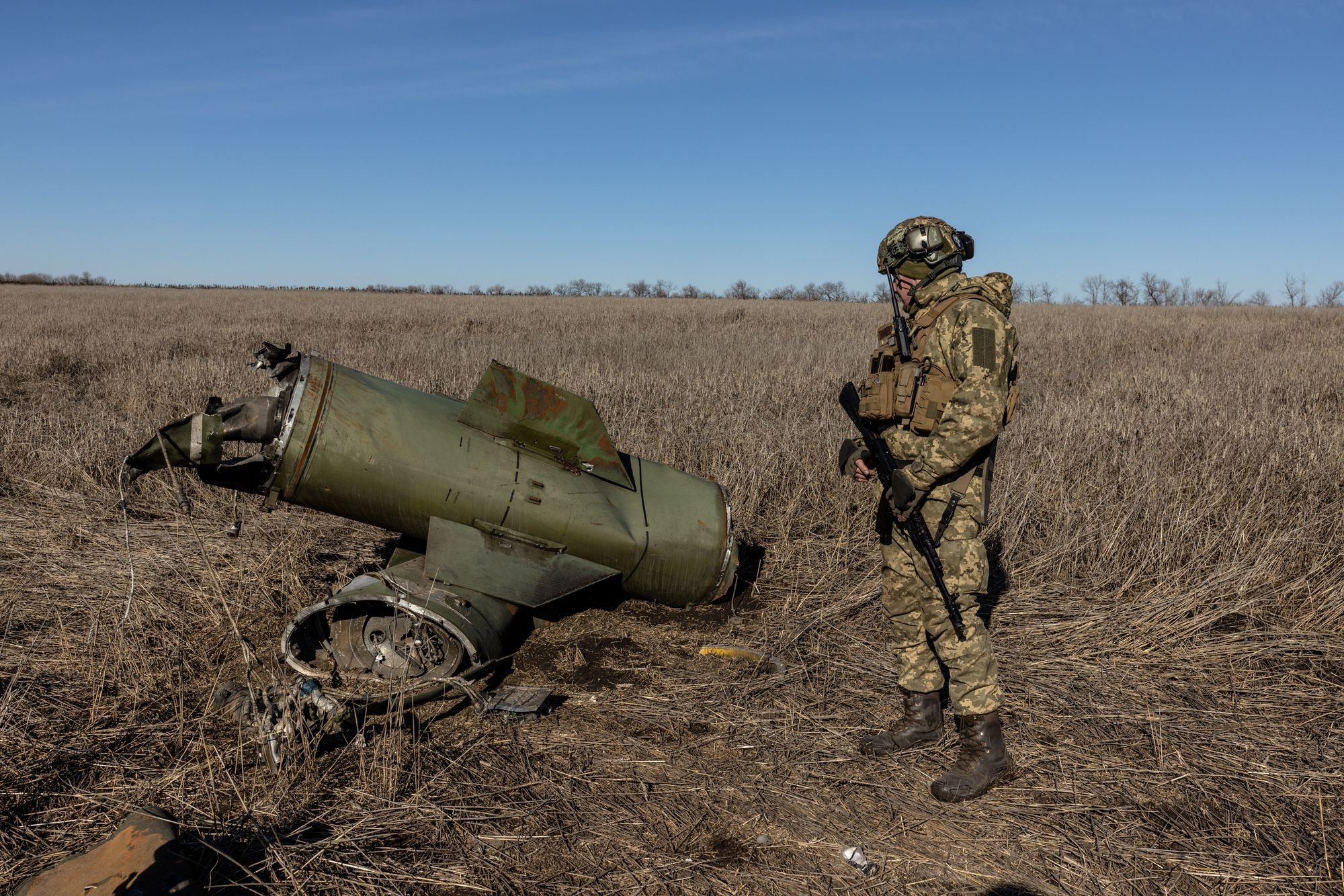Destroyed apartments, burnt-out cars, lives upturned or extinguished altogether: Russia’s June 13 missile attack on the city of Kryvyi Rih was, in many ways, nothing out of the ordinary for wartime Ukraine. The evening after the attack, which killed 13 civilians, President Volodymyr Zelensky came out in his daily



[continued from parent]
Chips go to some Chinese distributor. Russia sends some guy to China, they work with someone there to set up a company that procures chips. They sell them off to Russia. Once that company has access to those chips, we can – and have – sanctioned individuals associated with the company, and we can put pressure on a distributor to not distribute to that company, but setting up more shell companies isn’t that hard.
And I don’t believe that there’s any realistic way for the distributor to know in advance whether random company in China is actually buying their chips to make some new product until after they show up in Ukraine and one can trace the flow back. But by then, you’ve already had a bunch of product move to Russia.
I’m also less confident than the author is above about the viability of China – even if it wanted to – being able to crack down effectively based on the reduction in transhipments in places like the UAE. Russia’s got good reason to take the path of least resistance to obtain weapon components. If the UAE is even slightly more of a pain to get chips from, and China isn’t, well, might as well go to China. Having the UAE reduce transhipments to Russia is going to be easier if China is providing a ready alternative. Even in a world where China was really trying hard to stop the flow, my guess is that if China were the last option, reductions in transhipments would be a lot harder.
My guess is that once the chips are loose in China, it’s not that hard to get them into Russia, even not incorporated into another product, but if someone really wanted to, there are probably still easier dodges to use than stripping down real products, like designing a product whose sole point is to use a lot of Chip X, move them across the border, and then yank said chips out. I mean, that’s a never-ending game of whack-a-mole. And you can’t realistically say “China can’t have any voltage regulators” – or, okay, you can, but you’re talking about a world that is economically a lot different than it is today, and even in that world, China’s not going to have problems designing and building something like voltage regulators.
For stuff where a weapons manufacturer really stands out from the noise, where the quantity or type of chips required really differs, then, sure, one could place more-rigorous bars on obtaining components.
There were some articles in the news a bit back about some Greek defense contractor that was paid off to procure parts for Russia. I’m sure that even in the defense world, there’s some holes, but at least when you’re talking about specialized components used by the defense industry, then the problem is a lot more tractable.
Going to agree with you on all points, great analysis!